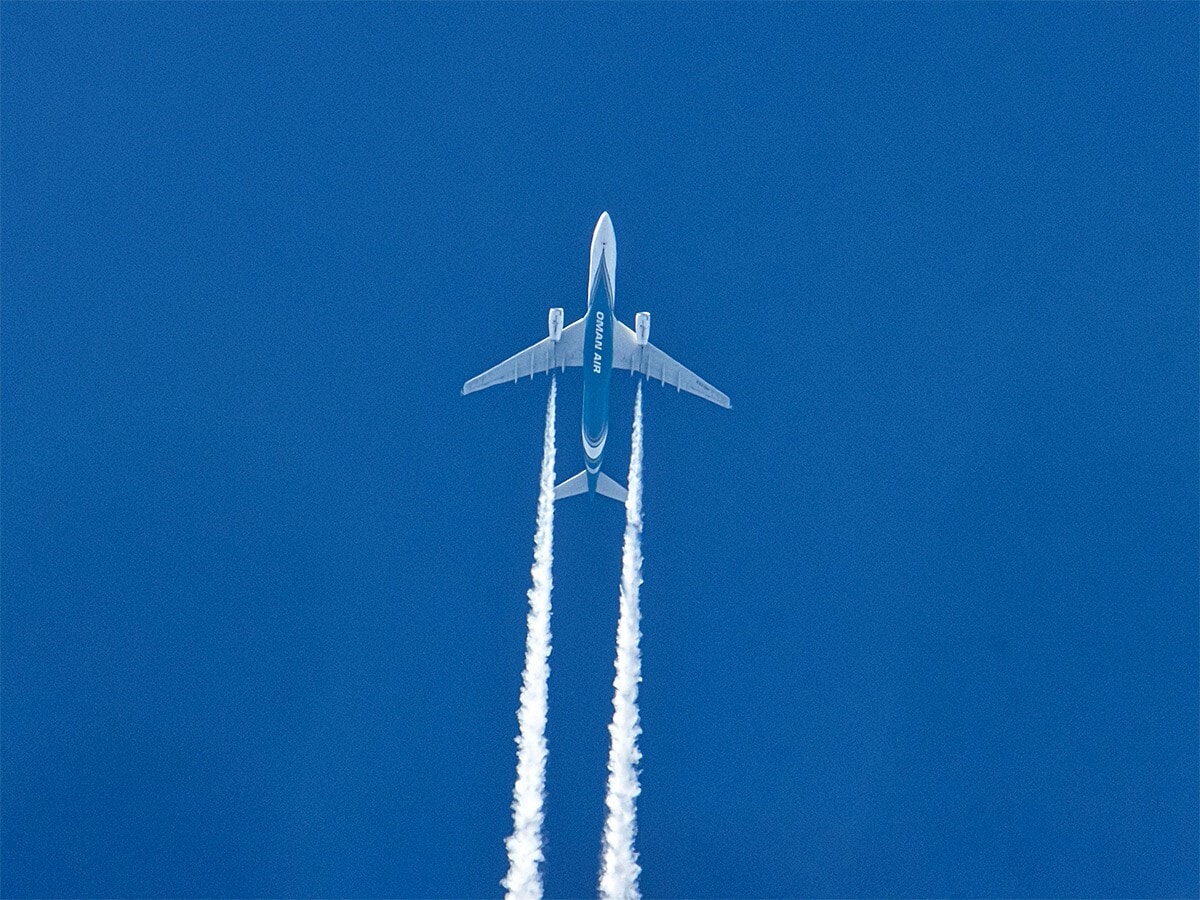Earlier this week the US Federal Aviation Administration cleared an estimated 45% of the country’s commercial aircraft fleet — mainly Boeing and Airbus — to perform low-visibility landings at many airports where 5G C-band spectrum wireless services will be deployed.
Yet, the disruption caused by 5G airwaves in navigation systems risked disruption for airliners and their share prices, which was temporarily averted as leading telecom operators Verizon [VZ] and AT&T [T] agreed to delay their 5G service launch at towers near US airports.
5G could affect the way aircraft operate
There has been growing concern from the aviation industry over the past month about the disturbance 5G technology airwaves cause to vital aircraft radar altimeters used for landing, particularly in low visibility conditions.
The US Federal Aviation Administration had expressed concerns that problems with altimeters “could lead to loss of continued safe flight and landing”. It added it could also prevent engine and braking systems from moving to landing mode so they would not be able to stop on the runway.
“[Problems with altimeters] could lead to loss of continued safe flight and landing” - US Federal Aviation Administration
As a result, it issued airworthiness directives warning that 5G interference could lead to flight diversions. Even after this week’s altimeter approvals, which would open “runways at as many as 48 of the 88 airports most directly affected by 5G C-band interference”, it warned that flights at some airports would be affected.
This has been weighing on telecom shares like AT&T share price and airliners like Delta Airlines’ shares. United Airlines’ share price had dropped 24% between November and mid-December when 5G interference worries were compounded with concerns of a lockdown due to the omicron variant of Covid. Hopes of resolution have helped the share price regain much of that dive.
Other authorities believe the risk is low
The FAA’s stance is in stark contrast to that taken by the UK Civil Aviation Authority which, according to TechRadar, “has no reason to believe that 5G services using C-Band spectrum could interfere with sensitive aircraft equipment”.
“There have been no reported incidents of aircraft systems being affected by 5G transmissions in UK airspace, but we are nonetheless working with Ofcom and the Ministry of Defence to make sure that the deployment of 5G in the UK does not cause any technical problems for aircraft,” said the CAA.
The EU Aviation Safety Authority has also not been able to “determine the presence of an unsafe condition”.
Wireless industry group CTIA said 5G was safe, stating that the aviation industry was fearmongering and distorting facts. Nevertheless, AT&T and Verizon, which had already delayed the commercial launch until 5 January, agreed to delay for another two weeks and have buffer zones around 50 airports.
Boeing and Airbus share prices remain stable
Boeing’s [BA] share price has largely been unaffected by the furore. It sat at $225 at the close on 18 January.
The 5G crisis could still send aviation shares spiralling back downwards, however, when the spectrum is deployed. According to Bloomberg, the FAA clearance does not apply to Boeing workhorse planes such as the widebody 777s and 787s. Any incident involving an unsafe landing or delayed flights could add to passengers’ nervousness about returning to the skies when the pandemic is still raging.
Passengers could be left stranded
Airline bosses wrote this week that the 5G deployment could “potentially strand tens of thousands of Americans overseas.”
The bosses of United Airlines [UAL], American Airlines [AAL], Delta Airlines [DAL] and Southwest Airlines [LUV] added: "On a day like yesterday, more than 1,100 flights and 100,000 passengers would be subjected to cancellations, diversions or delays. To be blunt, the nation’s commerce will grind to a halt.”
They said that the FAA’s list of cleared airports did not include many large hubs and want 5G to be implemented everywhere in the country except within two miles of airport runways, reported Reuters.
Nokia could gain from 5G rollout
AT&T and Verizon won nearly all of the C-Band spectrum in an $80bn auction last year. Any further dilution of their rollout could hamper their share prices and boost equipment maker Nokia’s share price. The company is busy scooping up 5G contracts around the world, including the Baltics, Middle East and North Africa.
It is also rolling out UScellular’s standalone 5G core network, which is set to deploy by the end of 2022. Nokia said UScellular’s deployment of its 5G core adds to its existing support for the Radio Access Network (RAN), where Nokia is supplying its AirScale radios for both low-band and mmWave 5G.
These aren’t the airwaves causing airlines sleepless nights, so it could mean Nokia’s share price gets some extra wings.
Continue reading for FREE
- Includes free newsletter updates, unsubscribe anytime. Privacy policy





